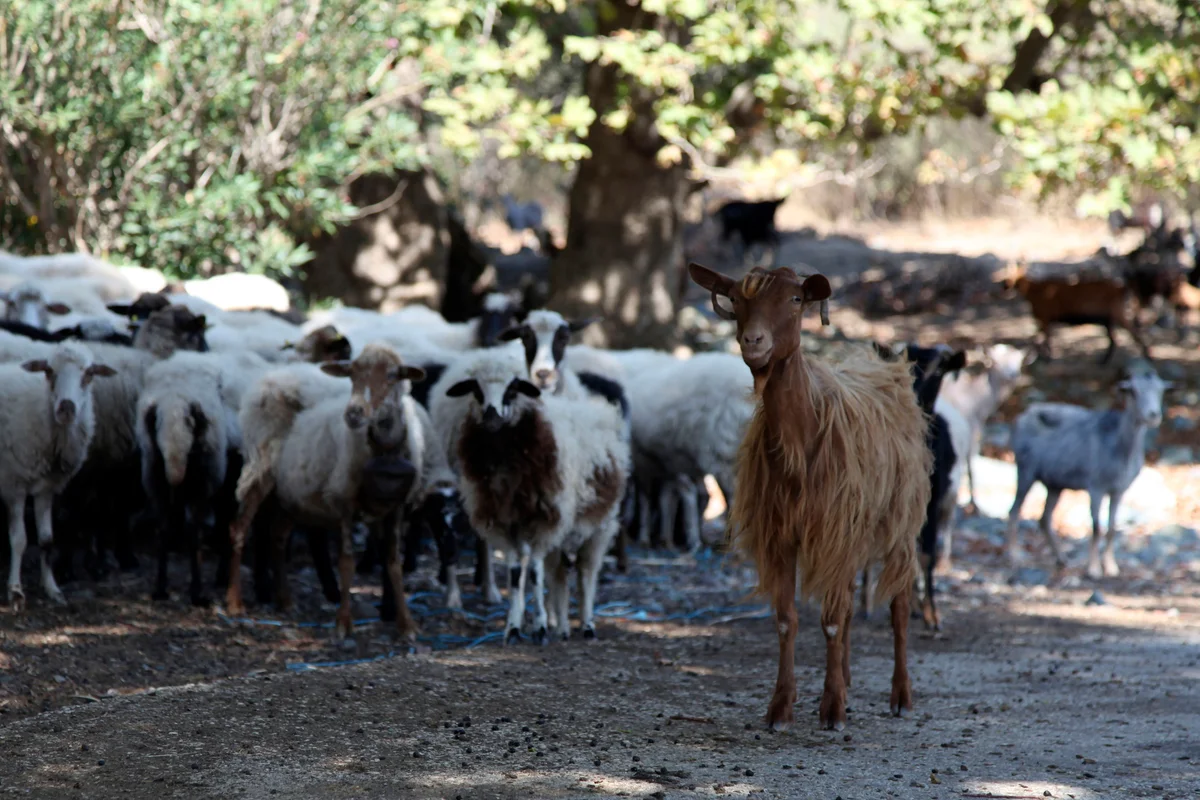By Angeliki Koutantou
Copyright independent

Greece is considering a nationwide ban on the movement of goat and sheep if veterinarians and stockbreeders don’t step up health checks and hygiene measures on livestock to contain an outbreak of sheeppox, the government said on Tuesday.
The outbreak has already led to the culling of about two per cent of the country’s livestock of sheep and goats, according to data from the Greek agriculture ministry.
Pox in sheep and goat doesn’t spread to humans but it threatens to increase prices of sheep and goats meat for Greeks already suffering from a cost-of-living crisis and deal a major blow to the export of feta, Greece’s trademark salty cheese made of goat and sheep’s milk.
More than 260,000 sheep and goats were culled and some 1,100 farms across Greece were forced to shut after authorities detected more than 2,400 cases of the highly contagious disease in the 12 months to August, data from the agriculture ministry showed.
Most cases were reported in July and August.
A 10-day plan announced on Monday called on stockbreeders to tighten biosecurity measures for their flocks, veterinarians to step up on-site inspections at farms and local authorities to set up disinfection points to control the movement of flocks across the country.
Deputy Agriculture Minister Christos Kellas told public broadcaster ERT that the next 10 days will be decisive to avoid a blanket ban on moving sheep and goat across the country.
“This would mean a freeze on trade. They will not deliver milk, they will not deliver meat, there will be no slaughters across the country,” Kellas said.



